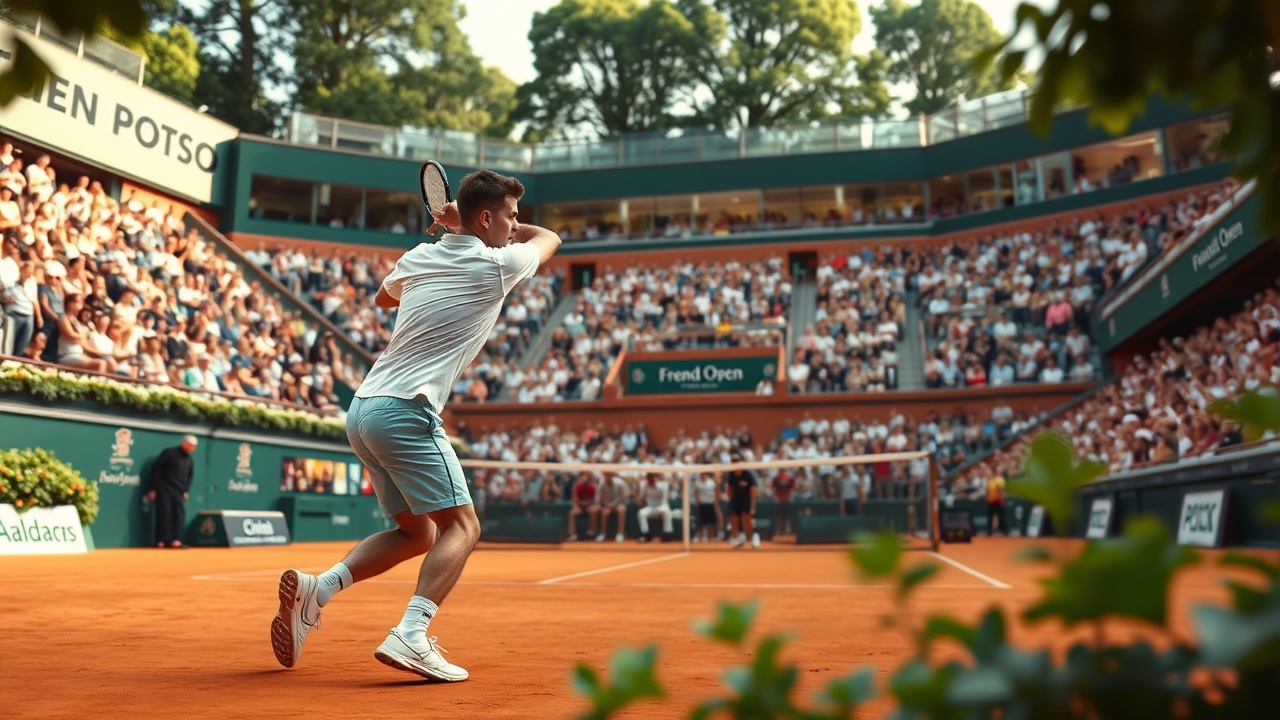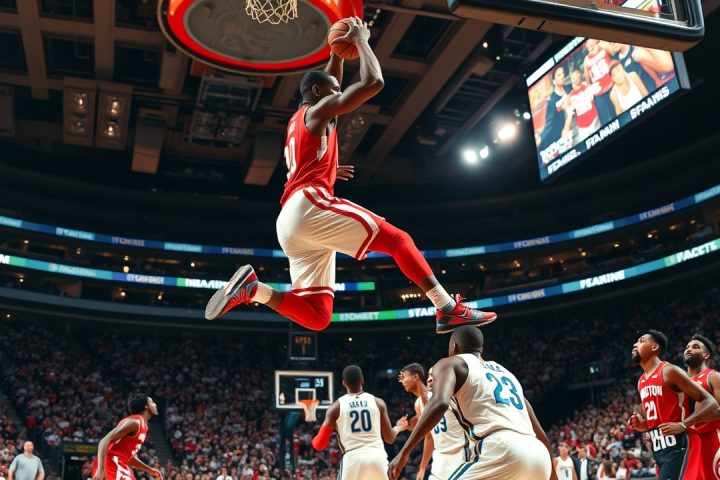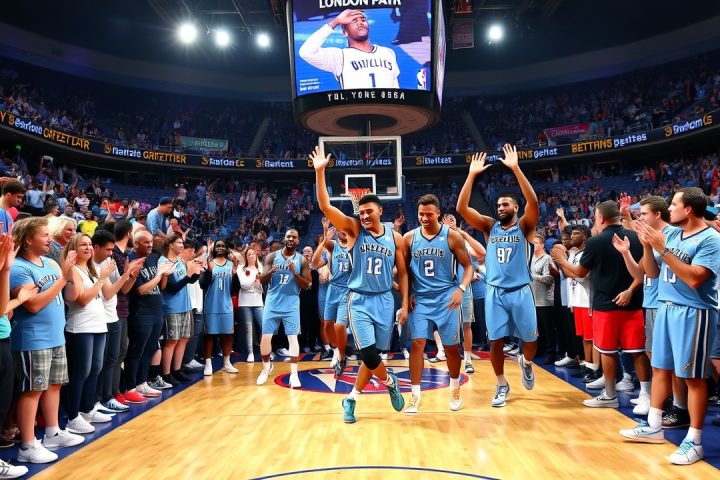Remembering the 2015 French Open Final
On the anniversary of a monumental clash in tennis history, we reflect on the unforgettable 2015 French Open final where Stan Wawrinka shocked the world by defeating Novak Djokovic, who was riding a wave of success as the top-ranked player and a favorite to claim his first French Open title. It had been a year of dominance for Djokovic, who had triumphed in two of the three previous Grand Slam tournaments and had racked up an impressive winning streak—28 consecutive matches—when he stepped onto the court in Paris. Meanwhile, the absence of Rafael Nadal, former king of clay with nine titles at Roland Garros, set the stage for Djokovic’s anticipated coronation on June 7, 2015.
A Stunning Performance
However, the match took a turn that nobody expected. Wawrinka, often seen as a dark horse in a field dominated by the so-called Big Four—Djokovic, Nadal, Roger Federer, and Andy Murray—turned in a stunning performance that earned him the title after a grueling four-set battle. Hitting 60 winners compared to Djokovic’s 30, Wawrinka exhibited remarkable precision and tactical intelligence across the match, winning with scores of 4-6, 6-4, 6-3, 6-4. His victory was marked not only by his powerful groundstrokes but also by a striking agility that placed him in control even during critical moments.
The Role of Coaching and Preparation
The Swiss player’s coaching team, led by Magnus Norman, played a pivotal role in his development leading up to this match. Under Norman’s guidance, Wawrinka enhanced his physical and mental game, which culminated in this career highlight. The preparation was precise; Wawrinka believed he lacked the pressure of the moment, despite having lost 14 consecutive matches to Djokovic prior to this final. Even in the face of Djokovic’s renowned resilience, Wawrinka remained undaunted, which was evident when he snatched victory from the jaws of defeat multiple times throughout the contest.
Highlights and Legacy
His memorable performance also featured a hallmark of his style—a single-handed backhand that was pivotal to his triumph. Novices and aficionados alike remembered the bewildering depth and accuracy of his shots, particularly one spectacular backhand winner that pierced an impossibly tight space on the court. Wawrinka’s blend of audacity and skill set him apart, and he often credited Norman for instilling the courage necessary to pull off such an upset, resonating with tennis enthusiasts who love tales of the underdog.
This match was not only significant in the context of Wawrinka’s career but also for Djokovic, who despite being the top seed, found himself outplayed by a more daring opponent. In spite of Djokovic’s unparalleled consistency and gaming precision, it was Wawrinka’s day. Wawrinka would later refer to the match as the
“greatest of my life,”
acknowledging the weight and significance of defeating the world No. 1 on such a significant stage.
Cultural Impact
Amidst the serious undertones of competitive tennis, the match famously featured Wawrinka’s distinctive red, white, and grey plaid shorts, which became a talking point in popular culture. He jokingly suggested that they would likely find a permanent home in the Roland Garros museum, a testament to their quirky charm and the showmanship they lent to the event.
Wawrinka’s Journey
Fast forward to today, Wawrinka, now 40 years old, continues to pursue his career, still embracing the challenges of the sport he loves, and maintaining a strong bond with Norman. Djokovic, who would eventually win his own French Open title a year later, still recognizes Wawrinka’s accomplishment as one of the standout performances against him in his career, acknowledging the heart and skill that led to that historic upset.




